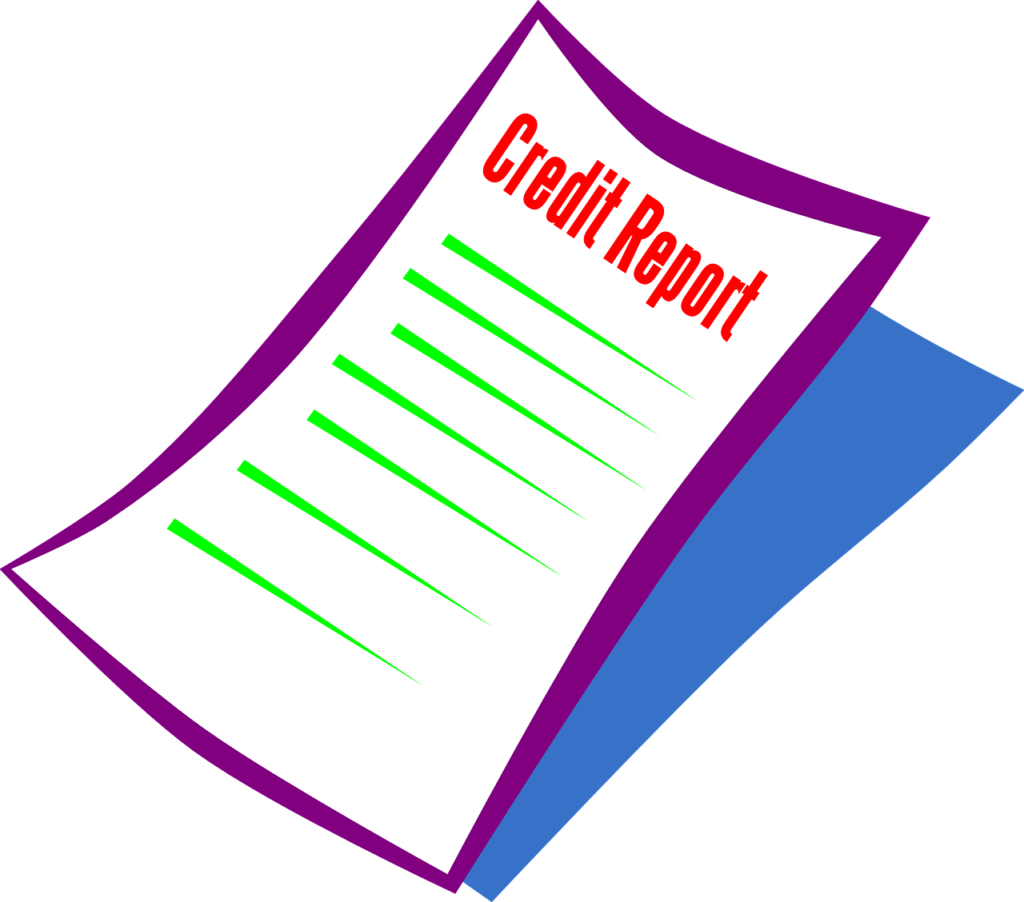What is my credit score?
Your credit score is a number between 300-850 that depicts your credit worthiness. Scores are broken down into grades. 300-579 = very poor, 580-669 = fair, 670-739 = good, 740-799 = very good, 800-850 = exceptional.
On any given week your credit score moves 10-20 points either up or down. Your actions determine the movement of your credit score. Credit scores do not move randomly.
Your credit score is important for many reasons. For starters obtaining any secured or unsecured debt triggers an inquiry of not only your credit score but of your credit report. Most employers will review your credit report which is not the same as your credit score.
Your credit report holds a detailed report of your past credit usage. Employers use a credit report to determine your historical usage of debt. Have you been delinquent in the last years or do you always make all of your payments on time? Furthermore, this is a requirement for government jobs and jobs which require managing clients assets or money.
Understanding your credit score
You take a look at your credit score and it says 720. That is a good but not very good or exceptional credit score. The higher the credit score the better the terms a lender will extend to you. However, most lenders will approve some forms of debt if you meet other requirements and have a 720 credit score.
The average credit score in the US is approximately 695. In school anything above average was passing. A 720 credit score is just passing.
Credit Score Gatekeepers
Experian, Transunion and Equifax are the gatekeepers of our credit scores and credit history. They also sell our information to marketers with very detailed information and we can do nothing about it. Furthermore, you might be expecting funds from a class action lawsuit due to a data breach.
How do the 3 credit bureaus arrive at your credit score? The formula is not an exact science but the 3 credit bureaus have given us plenty of data and intel which I will share. The data shows outstanding debt makes up 30% of your credit score, payment history makes up 35% of your credit score, types of credit used makes up 10% of your credit score, pursuit of new credit makes up 10% of your credit score, length of credit makes up 15% of your credit score.
Outstanding debt or credit usage
High credit usage and massive debt are seen as a risk to lenders. Ignore the 30% rule and maintain usage below 10% for an optimal credit score.
Payment history
One of the things that matters the most when it comes to determining your score is whether or not you’re paying your bills on time.
Types of credit used
Your score will consider your mix of credit cards, retail accounts, installment loans and mortgages. We don’t have a perfect formula of how many of each you should have but a total of at least 11 open lines of credit is optimal.
Pursuit of new credit
Every time you apply for credit, a hard inquiry is placed on your Credit Report. Hard inquiries remain on your Credit Report for 24 months. However, only inquiries from the last 12 months negatively impact your score. Stay below 2 hard inquiries per year unless you need to make a large purchase using debt.
When applying for a mortgage, it’s best to apply to multiple lenders at once at the same time as it will only appear as one inquiry.
Length of credit
Like fine wine your Credit Report and history gets better with age. Having a lengthy credit history shows lenders you have an established record of managing your debt.
Think of your Credit Report as a resume. However, this resume will also highlight your biggest flaws within a certain time period.
Credit Score Goes up
Making payments on time, maintaining a low usage of your available credit limit, limiting new credit line requests raises your credit score. Time also generally raises your credit score. Deleting negative or incorrect information will also increase your credit score.
Credit Score Goes Down
Late or missed payments, high usage of your available credit limit lowers your credit score as does requesting multiple new lines of credit in a short amount of time. A short or lack of credit history will also prevent your credit score from increasing into the highest levels.
Almost everything is on your credit report
Most creditors report to the 3 major credit bureaus. However, most utilities don´t. Unless you become delinquent on your cell phone or water bill, it will not appear on your Credit Report.
Only use credit cards which report to all 3 credit bureaus. Student loans will appear, auto loans, delinquent medical bills and major liabilities such as a mortgage will also appear on your Credit Report.
Take the time to review your credit report and understand how your credit score will impact your financial goals. I hope this information helps you answer the question.



5 Responses
Comments are closed.